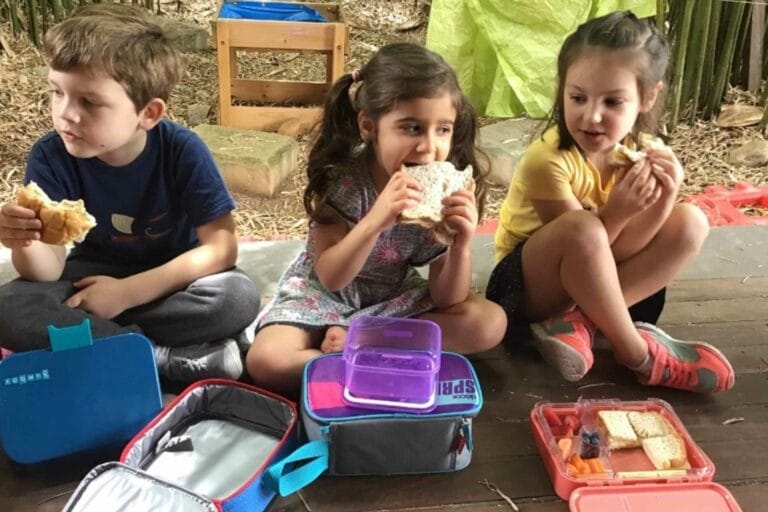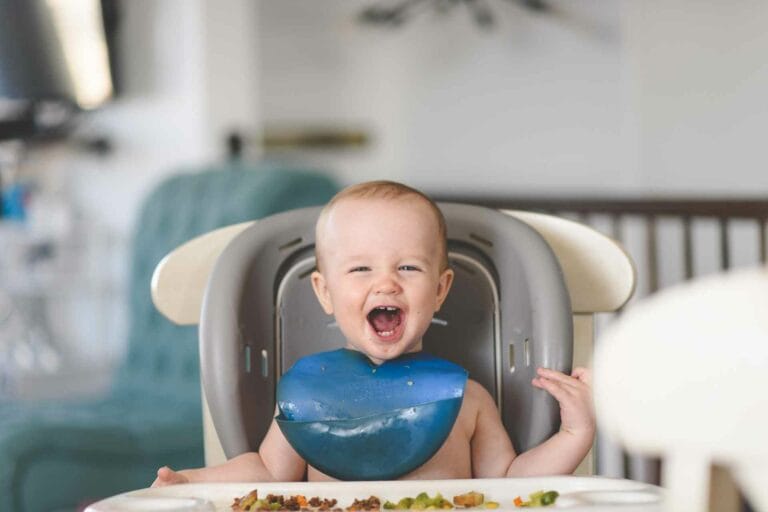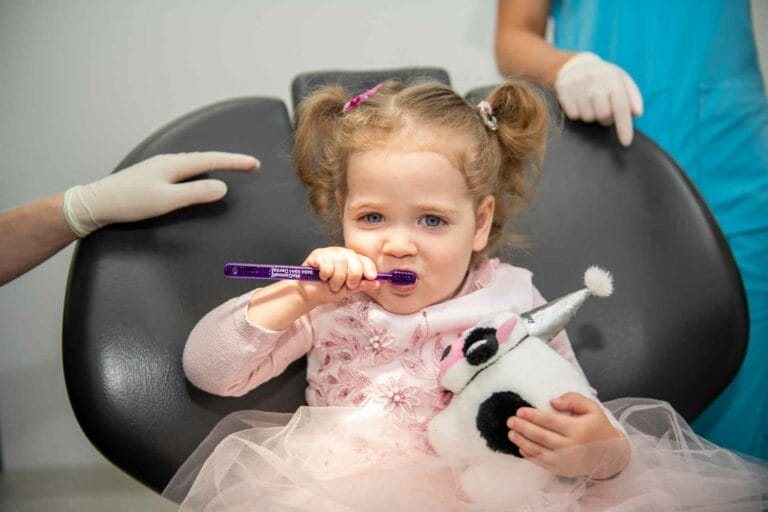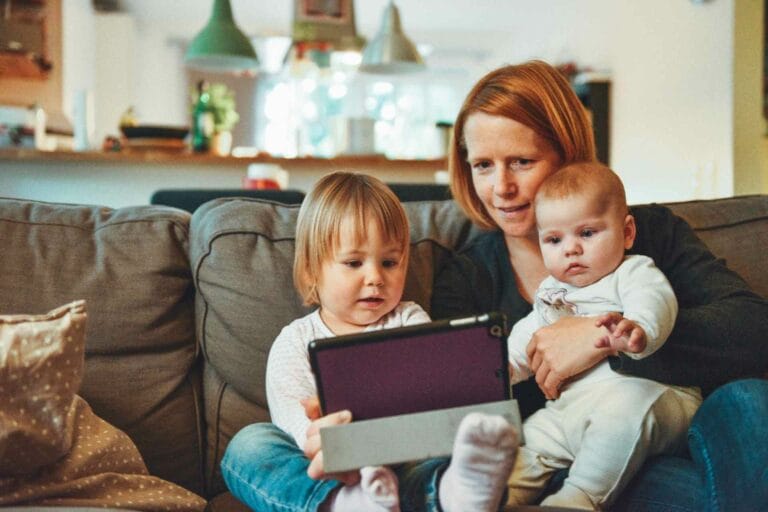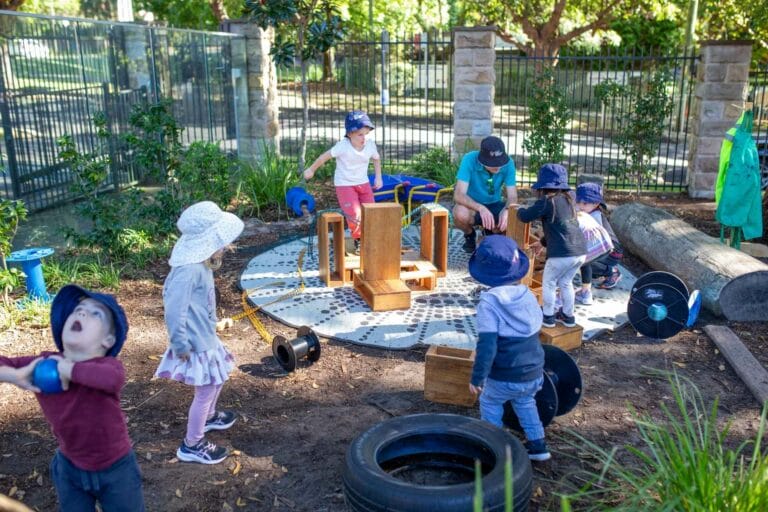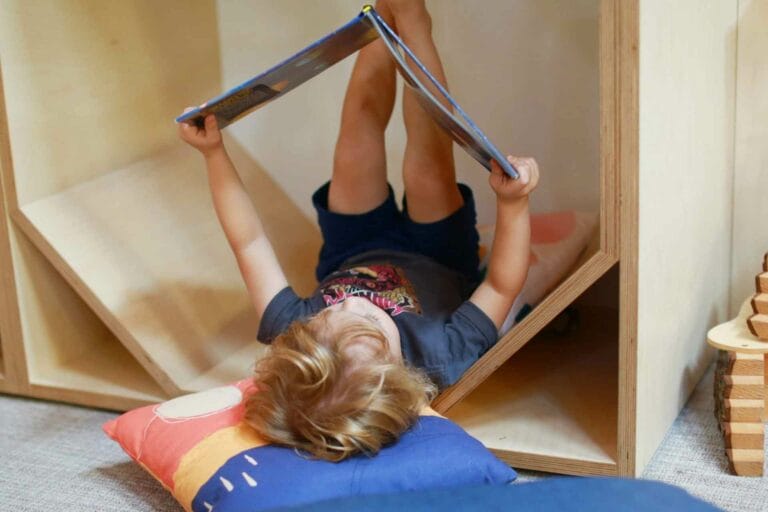Support your child during transitions in 7 steps
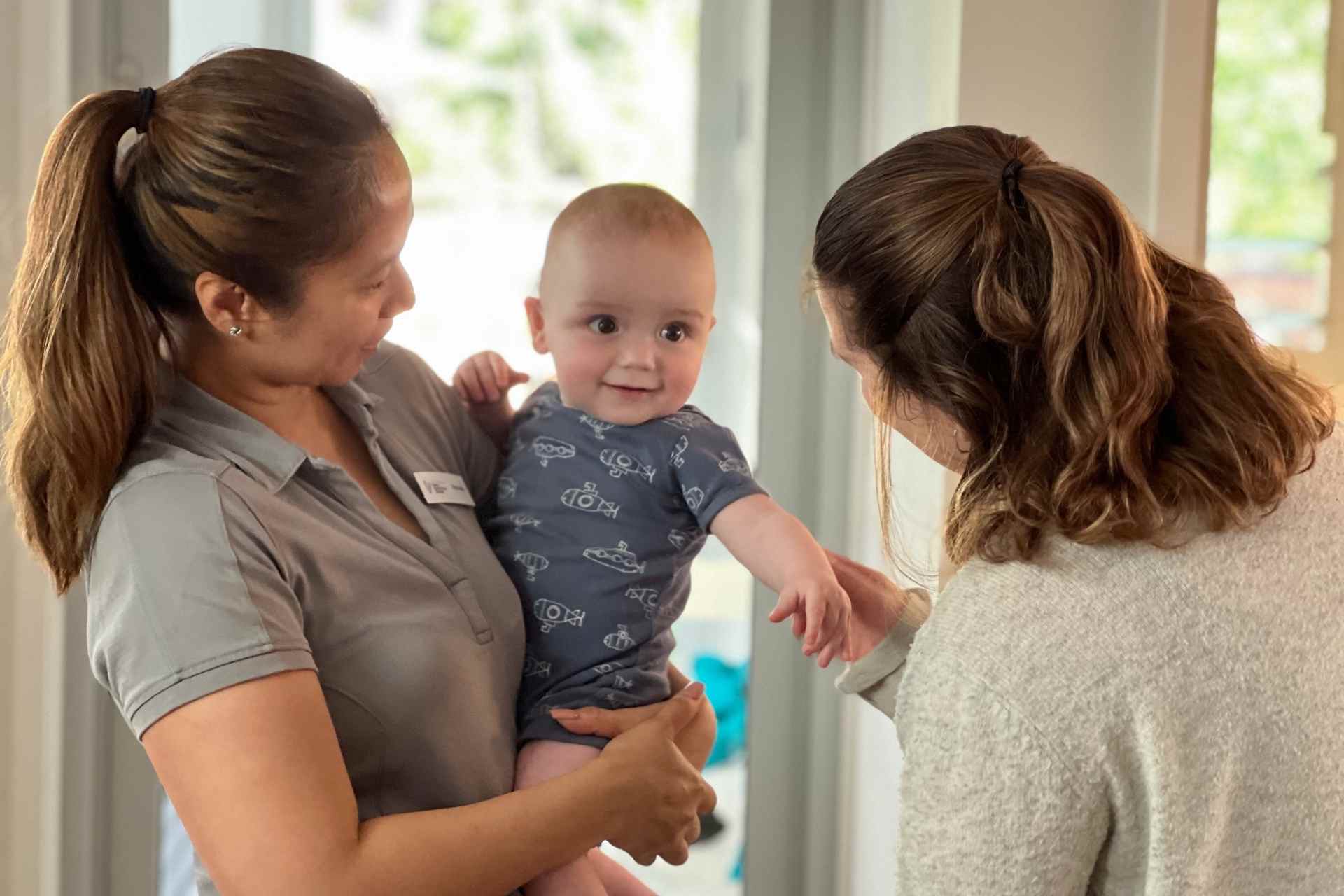
If you have a child who is going to be dealing with some big changes this year – starting child care for the first time, transitioning to a new child care, moving into a new room, getting a new teacher, or heading off to school – then you might be seeing some big behaviours right now. Things like meltdowns, tantrums, whining, aggression, irritability, poor sleep, and even a change in appetite! I’ve got 7 steps to help you support your child during transitions into the new year.
And that’s because big transitions and changes to routines and environments can be tricky for young children. Brains thrive on predictability, so when we change things, it can lead to children feeling less safe. Those big behaviours you’re seeing are the outward manifestation of feelings like anxiety, worry and fear.
While it is very common and developmentally normal for children to find transitions difficult, there are also lots of things we can do as parents to support our children during times of change and make transitions a little easier for them.
The focus needs to be on creating a sense of safety and security for them and their developing brain.
1. Start with connection
Nothing helps your child feel safe and secure quite like you do. So rather than running around searching for things like drink bottles, shoes and keys in the morning (and feeling stressed and snappy), I recommend you gather everything you need the night before. And then, use the extra time (and energy) you’ve gained to connect with your child before you drop them off. Snuggle in bed, have a dance party, play a short game, or eat a delicious breakfast together. Make it part of your morning routine and then send them off with a full love bucket!
2. Use a transition object
A transition item like a teddy, doll or blanket can help your child feel safe and secure while they are away from you. Items like this provide a bridge between home and the new environment, helping your child feel connected to you even while you are apart. So if your child has an object from home that brings them comfort, be sure to pack it in their bag. And don’t forget to let your child’s teachers know that it’s there so they can encourage your child to use it throughout the day!
3. Acknowledge all feelings
Often when children are struggling to separate from parents, I hear them say things like, “You’re ok”, “There’s nothing to worry about”, “But you love daycare!” or “You’re going to have so much fun!” These phrases are well meaning and intended to help children gain perspective. But they are also invalidating. Rather than dismissing how your child feels, acknowledge that this is hard for them. After all, you are their safe person and separating from you feels scary. Once they have had a chance to express their emotions and feel that you have heard them, they will find it much easier to process that emotion and let it (and you!) go.
4. Keep your child in the loop
When children know what to expect, they feel far less anxious. Help your child know exactly what will happen and when, by filling them in on the plan. Tell them what will happen step by step – where will they go, what will they do and who will be there? Tell them the plan as often as you need to, and if the plan changes, keep them in the loop! Don’t spring any big changes or transitions on them as this will only decrease the predictability of the situation and increase their anxiety.
5. Prepare and practice
Practice things that may feel unfamiliar or that might cause your child some anxiety. Practice eating from the new lunchbox, wearing the new shoes and opening the new drink bottle. If this is the first time your child will be toileting more independently, have them practice using the bathroom and washing their hands.
Also have your child practice asking a grown up for help. If they haven’t spent a lot of time in the care of someone else, this can be a daunting thing for a small child to do. So practice what they can say and perhaps do some role plays together to boost their confidence.
6. Don’t disappear
It can be really tempting to sneak out of the room while your child is distracted or engaged in an activity. You may mistakenly believe that you are saving them from the stress of separation. But leaving without warning can actually worsen your child’s separation anxiety and make future drop offs a lot more difficult. If your child thinks you might leave at any moment without warning, then they are likely to become anxious and cling more tightly to you. Always say goodbye to your child. In fact, you can create more predictability for your child by engaging in a goodbye ritual. This could be as fun as a super secret handshake or hug, or as simple as a hug and a kiss goodbye and then a short phrase you repeat to them each time you leave, Eg “Have a great day, I love you and I’ll be back to pick you up this afternoon.”
7. Keep your own emotions in check
Seeing your child distressed or anxious about separating from you is incredibly hard. But it is also very important that we send a message to our children that they are safe and capable. So take a deep breath, acknowledge how they feel, and then hand them over confidently to the capable hands of their teachers and care providers. We want to acknowledge that this is hard, but also send a message that we are confident they can do this, and that they are safe in the care of their teachers. Because they can, and they are.
We hope this article has helped prepare you to start your transition to learning in the new year. If you would like to find out more about our service you can book a tour or send us a message.

Written By
Sarah Conway, Mindful Little Minds Mindful Little Minds creates parenting resources & support to help you and your child manage big emotions – together!
